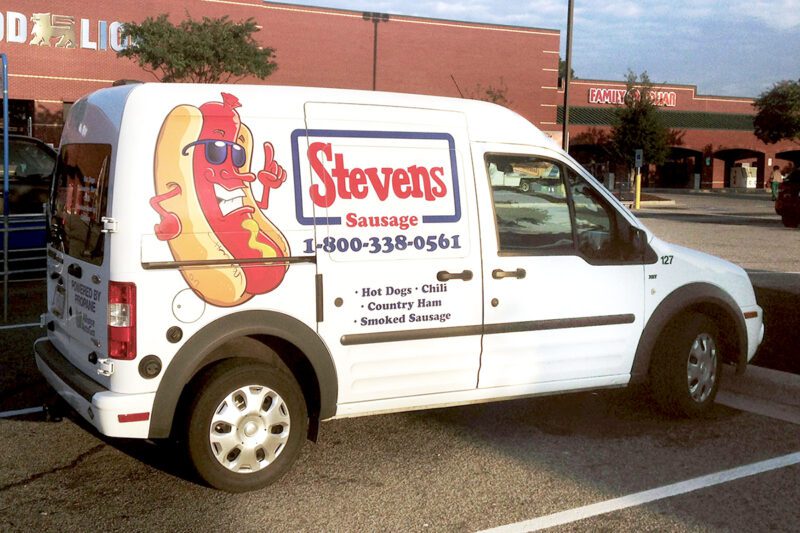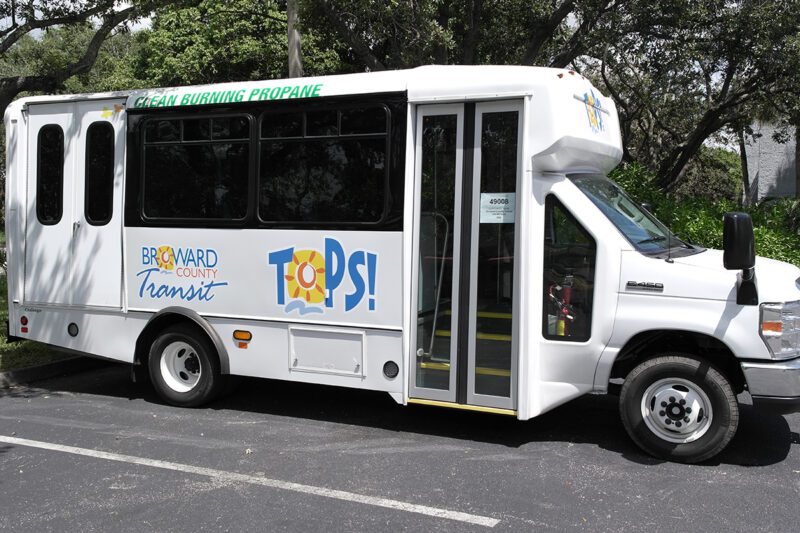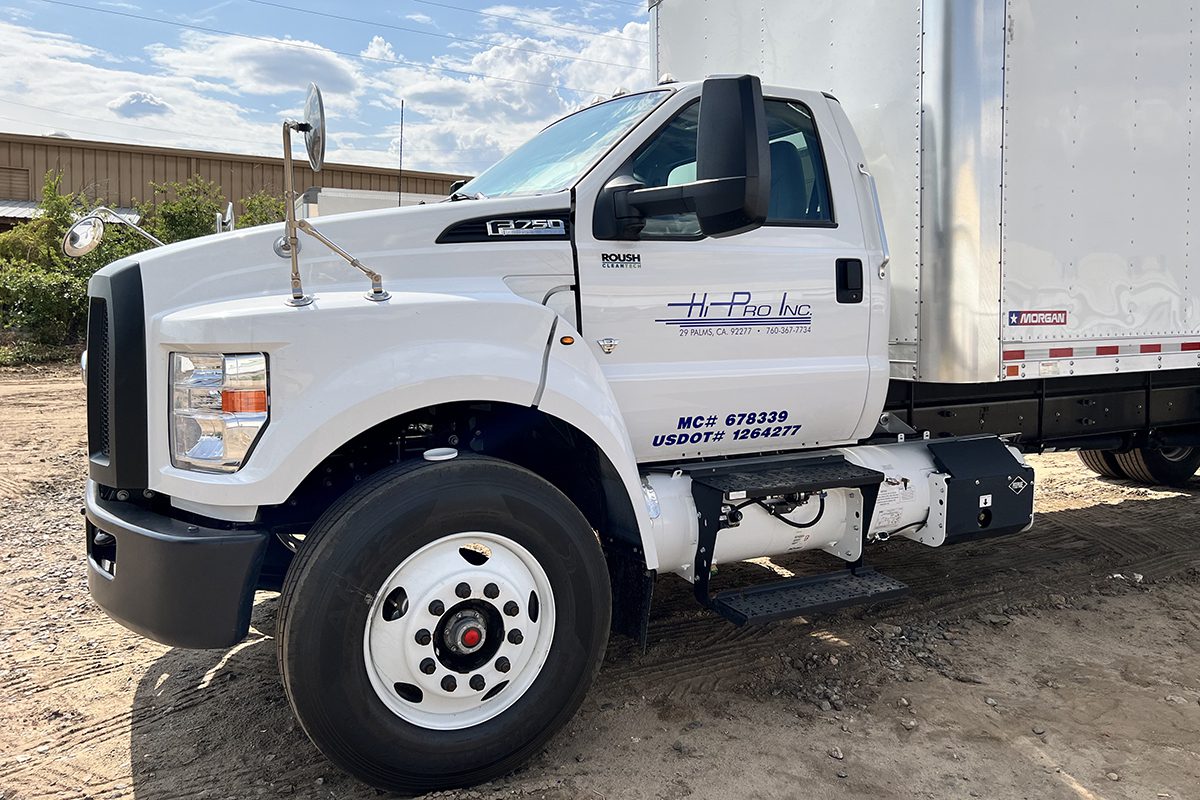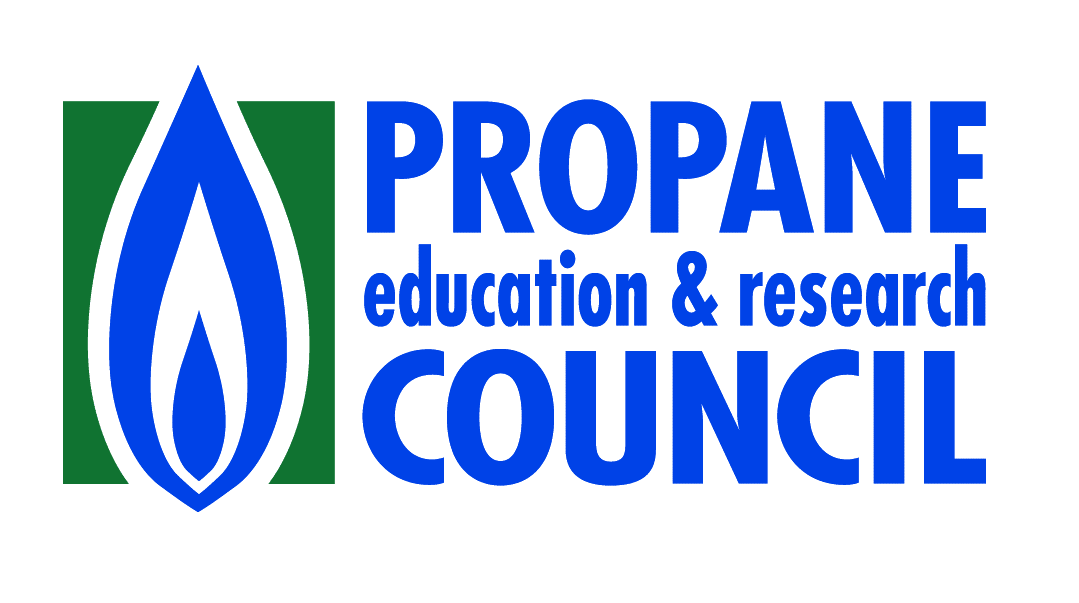In the last decade, the conversation around emissions has transitioned from just reducing emissions to striving to get as close to zero emissions as possible. Thanks to this international push, it’s not hard to imagine that one day the transportation sector could truly achieve zero emissions throughout the vehicle lifecycle — from the creation of the vehicles, how the energy source is generated, and at the tailpipe.
As most fleet owners who have engaged in this conversation have quickly come to realize, there is no single path to zero emissions that will work for all application types, across all market types, and across all duty cycles. Each energy source plays an important role in the collective effort to reduce emissions.
Propane autogas is an effective clean fuel option for medium-duty (Class 3-7) fleets that need a range up to 400 miles per day and the ability to carry a heavier payload. Most notably, this includes fleets in the package delivery, food and beverage delivery, paratransit, and school transportation sectors. As an affordable and clean energy source, fleets in these markets are finding ways to achieve environmental sustainability without risking financial sustainability.
Package Delivery Fleets
At a recent event in Denver, Joshua Stoneback, the CEO of Hi Pro, Inc., a trucking and logistics company that has contracted with the United States Postal Service for more than 40 years, said it best: “Those of us that move the mail strive to embody a culture of serving others, and that includes reducing emissions in the communities in which we operate.”
Package delivery fleets face unique challenges in needing to prioritize reliability and performance. But as good stewards to the community, fleets like Hi Pro are also adding sustainability to the list.
In 2022, Hi Pro added five, Class 6 ultra-low nitrogen oxide (NOx) propane autogas box trucks to its fleet. The vehicles operate from the mountains west of Denver to the plains to the east, all while trying to keep a perfect on-time percentage rate for delivery. When looking for a clean fuel that could get the job done, Stoneback prioritized an energy source that could provide a range of up to 400 miles in a single refuel and had the performance to carry the payload in the mountains. Propane autogas not only met those goals, but it also checked the sustainability box. During the vehicles’ lifetime, the fleet will reduce carbon dioxide emissions by 20% and NOx emissions by 96%. Best of all, Stoneback expects to save thousands of dollars every year compared to diesel.
Image: PERC
Similar to package delivery, food and beverage delivery fleets also underscore the importance of delivering items on time. The success or failure of the company can be directly attributed to the performance of the fleet. National delivery fleets like Nestle Waters, Schwan’s, and Bimbo Bakery have trusted propane autogas for many years.
Regional fleets have also been able to reap the benefits. Stevens Sausage, a meat supplier in North Carolina, first began looking at propane autogas when the EPA announced emissions reductions requirements for diesel vehicles. Stevens Sausage needed to meet the requirement but wanted to do it in a cost-effective way. After reviewing their options, the owners noted that propane autogas would not only be a clean option, but it would also reduce costs. Propane autogas fuel costs are up to 50% less than diesel, and Stevens Sausage is saving more than $100,000 in fuel every year.
Not to mention, today’s propane autogas engines are 90% cleaner than the mandated EPA standards and are certified to the optional ultra-low NOx emissions standard as defined by the California Air Resources Board (CARB) for heavy-duty engines with 0.02 grams per brake horsepower-hour. This allows fleets like Stevens Sausage to not only exceed emissions regulations today, but also well into the future.
Paratransit Fleets
It’s one thing to operate a clean fleet moving products or goods, but clean transportation takes on another meaning when public transit is involved. Paratransit fleet organizations are under an elevated level of scrutiny to ensure they are servicing the public with clean and reliable transportation. Thousands of paratransit vehicles from coast to coast are operating with propane to achieve that goal.

Image: PERC
One of those fleets is Florida’s Broward County Transit. When Paul Strobis, the fleet director for Broward County Transit, began looking for a clean energy solution, there were several factors to consider. First, the vehicle range. With a 471-square-mile county, Broward County Transit provides more than 900,000 trips a year across 11.5 million miles. Second, the environment. Broward is nestled between the Everglades and coral reefs, so the energy source had to reduce emissions. Finally, the cost. The energy solution couldn’t drive up the cost of achieving a high-volume, near-zero emissions fleet.
When Strobis took these factors into account, the energy source that could achieve all these goals at once was propane autogas. Not only has Broward County been able to easily keep up with the volume of passengers, but the fleet has reduced carbon emissions by thousands of metric tons over six years and saved more than $9.8 million in the process.
School Transportation
Much like with paratransit fleets, school transportation officials also need to provide a safe, clean, and healthy ride for students. For decades, propane autogas has been able to provide that ride. Every day, more than 1.3 million students ride to school in 22,000 propane-powered school buses. Propane autogas buses are currently in 1,000 districts across the U.S., and it is a popular alternative fuel for the school bus industry.

Image: PERC
While a fully zero emissions future is still down the road, propane autogas is providing solutions today in the medium-duty market that will continue to move the transportation industry further along that path. Fleets owners interested in learning more should visit Propane.com/Fleet-Vehicles.



